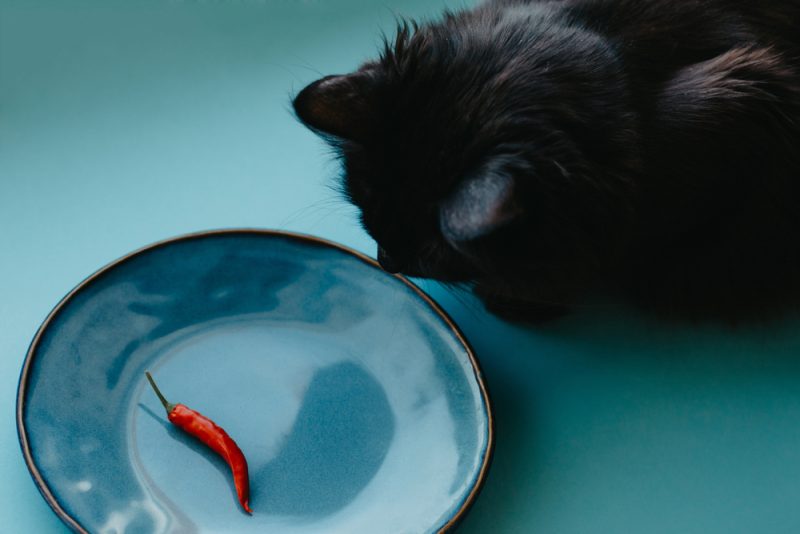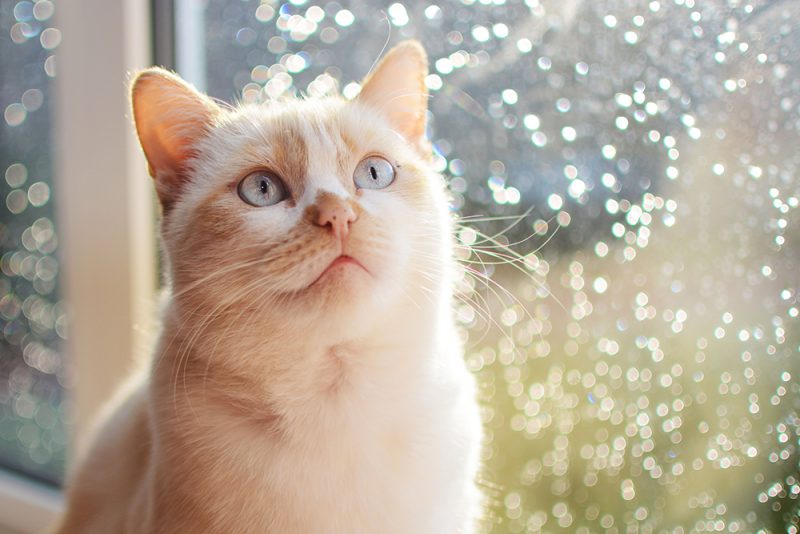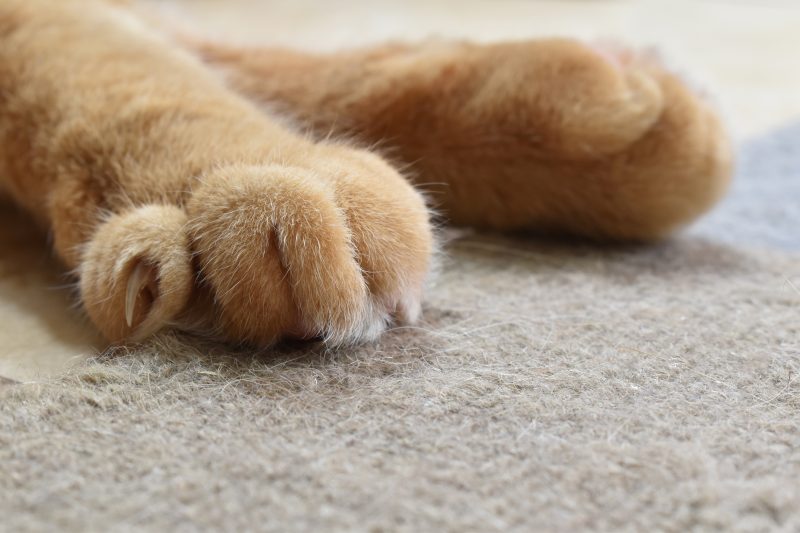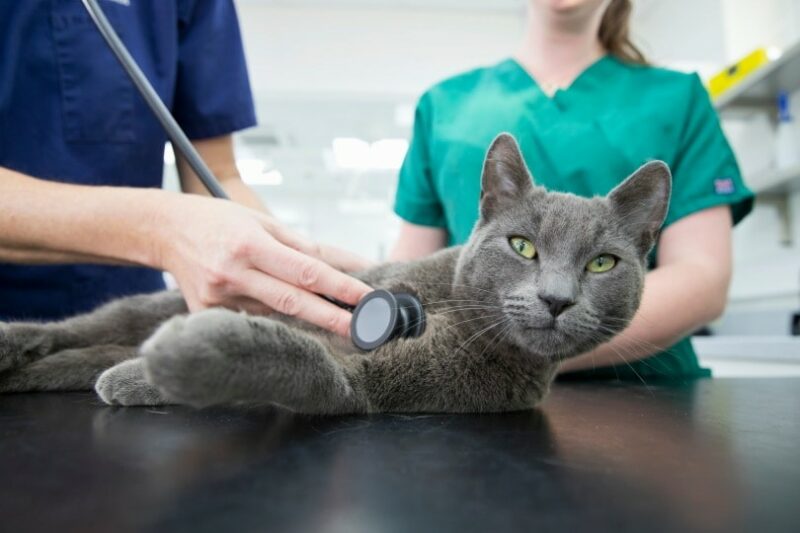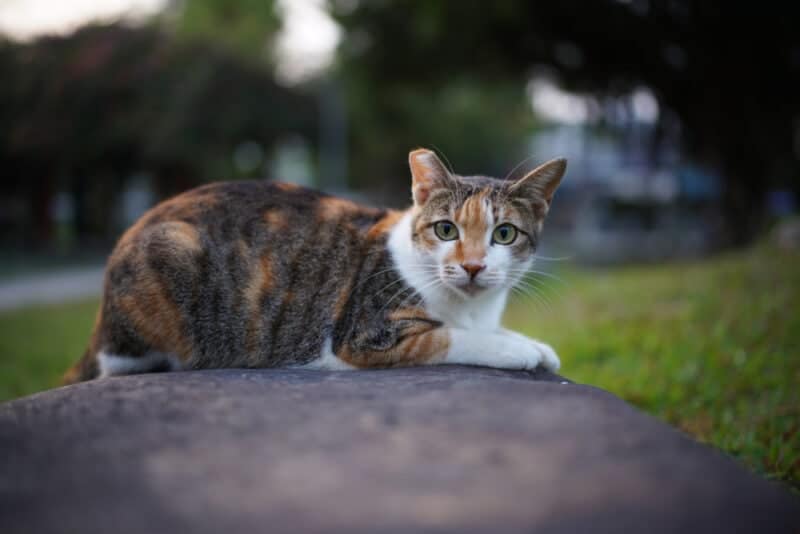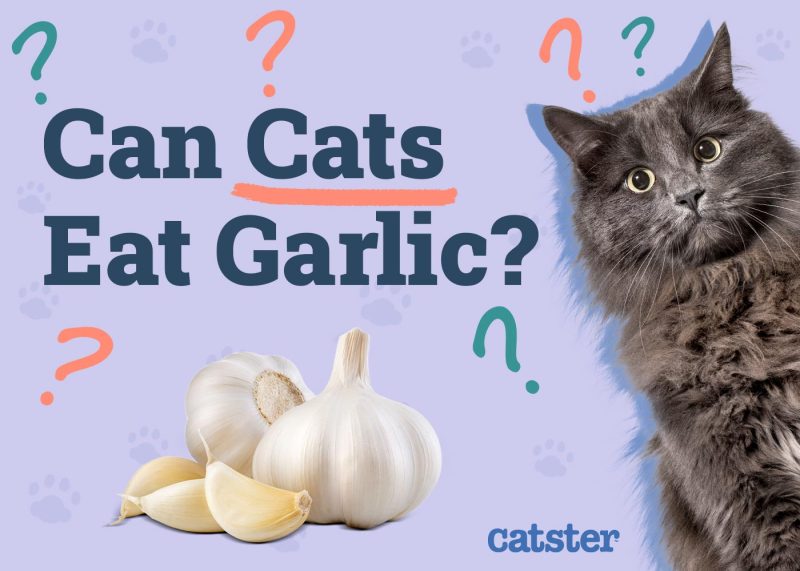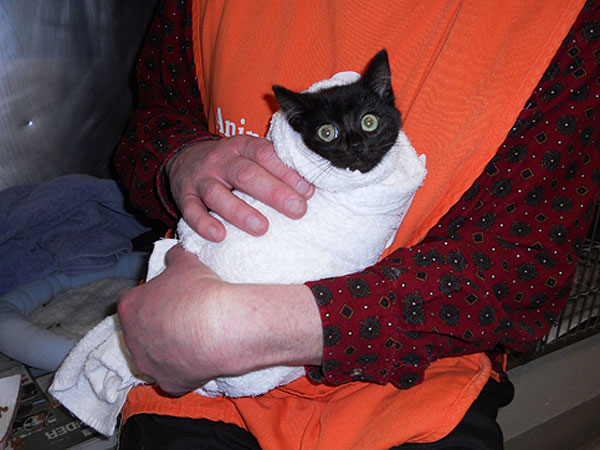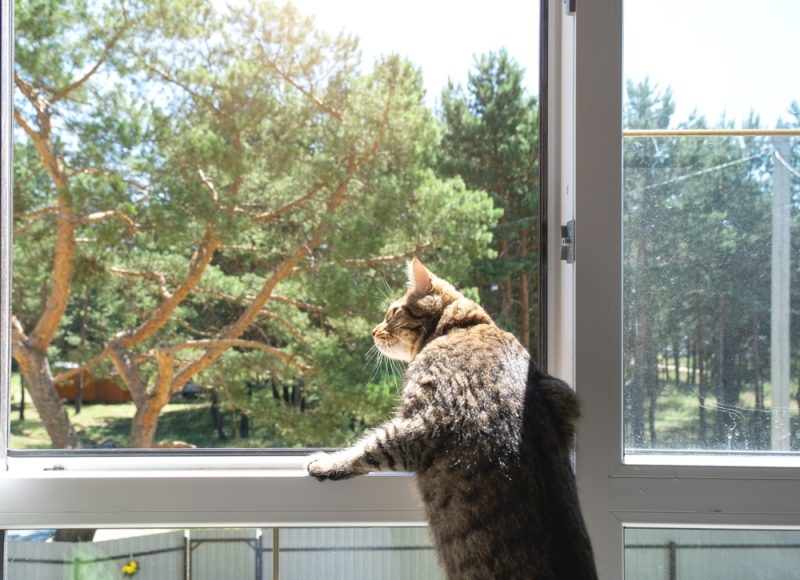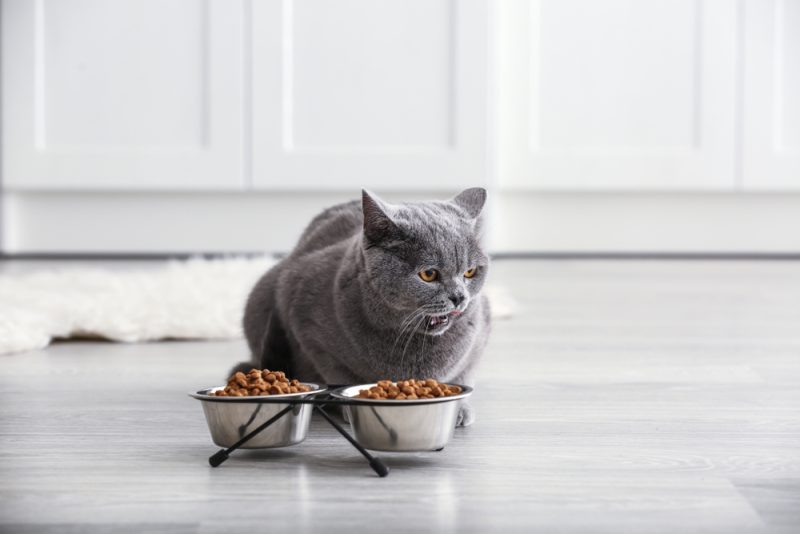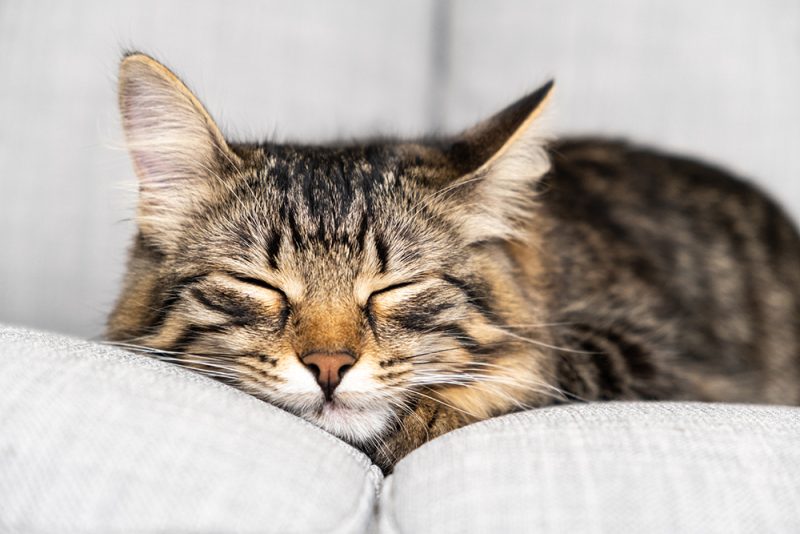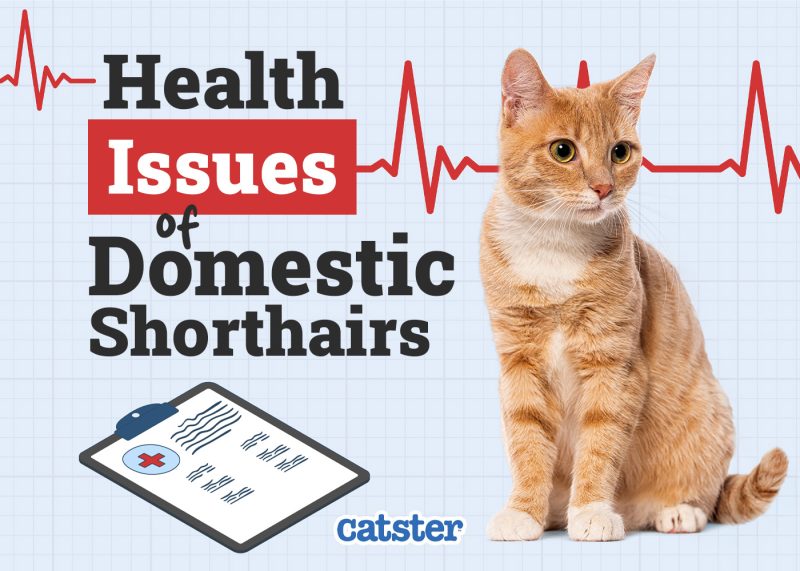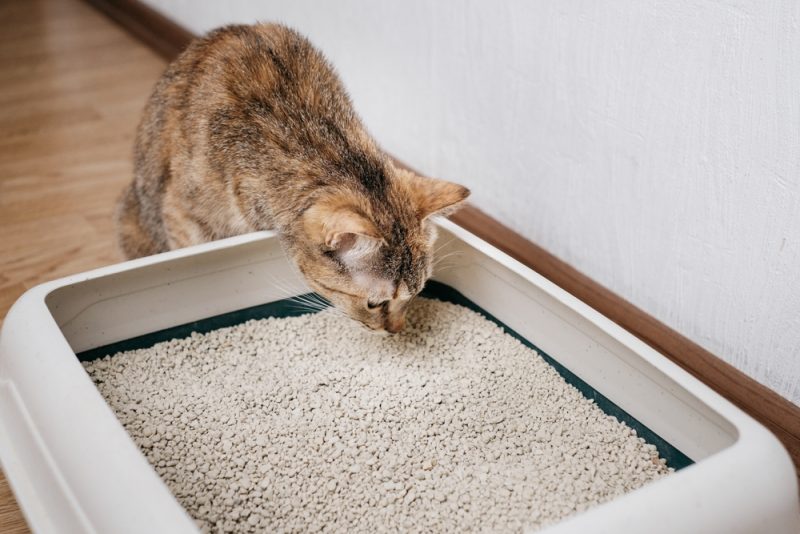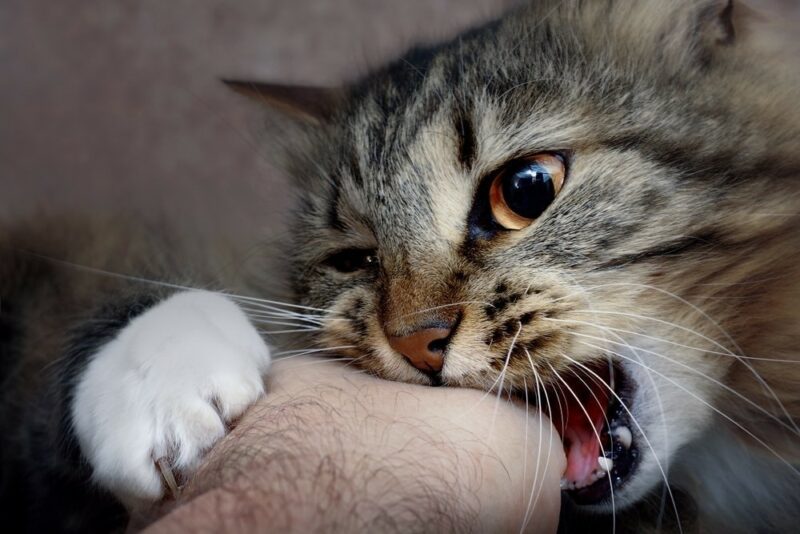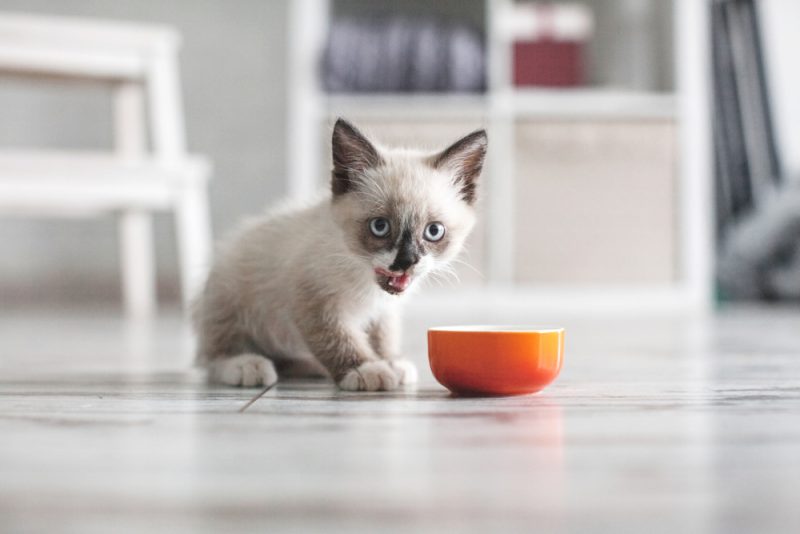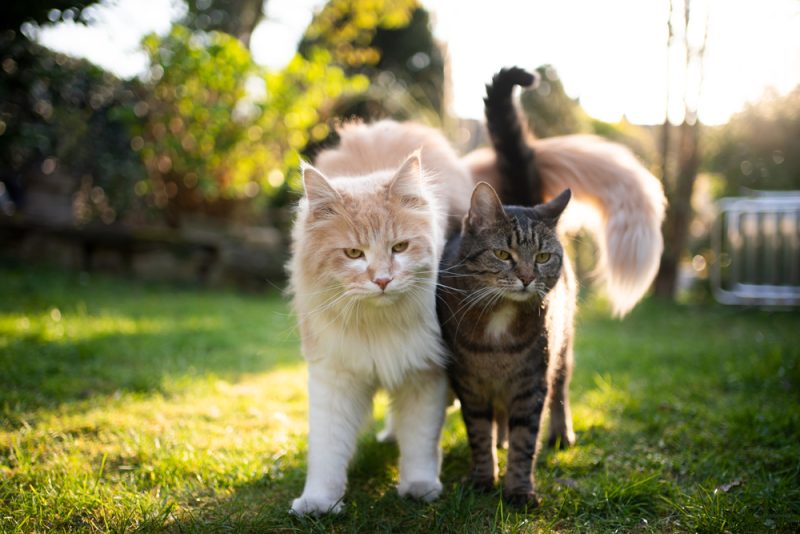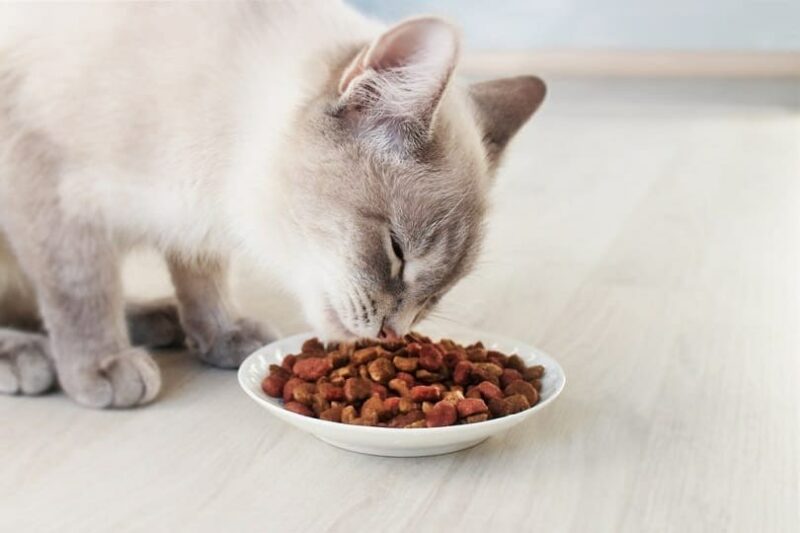In this article
If you have a cat, you might be wondering if they share the same culinary preferences as you do. Sure, cats are carnivores, but many folks readily consume meat products, too. It’s not uncommon for us to season our meat with various spices before we consume it.
But have you ever wondered if your cat can taste spicy food, such as the spice found in jalapeños or wasabi? Can your cat taste all the spice that infuses every bite? More importantly, can cats eat spicy food?
The general answer is cats do have the ability to taste spicy food, though they likely wouldn’t appreciate it or benefit much (if at all) from being fed spicy food. Find out the details below.

Can Cats Taste Spicy Food?
Yes, cats can taste spicy food. When it comes to taste, cats don’t have a remarkable number of taste bud receptors; it is estimated that they have around 470 taste buds. For comparison, a dog possesses, on average, around 1,700 taste bud receptors. Cattle possess a staggering 20,000 taste bud receptors.
Despite their low number of taste buds, cats do have a functional sense of taste. The sense of taste works whenever food binds to the specific receptors on the taste buds, which are then interpreted as a specific sensation or taste by the brain.
- Salty
- Sweet
- Sour
- Bitter
- Umami
Cats lack sweet taste bud receptors, and as a result, they do not seem to show any preference for sweet compounds. Recent research has shown that the gene responsible for tasting sweetness was deleted from feline taste buds during the evolution process, possibly because as carnivores, they don’t have the need to taste sweetness.
Spiciness isn’t one of the basic tastes but requires a combination of multiple receptors working together. The precise receptor found on taste buds that detects spiciness and the heat associated with spicy foods is the TRPV1 receptor. Cats do possess this receptor.1 Therefore, cats are able to taste spicy foods.
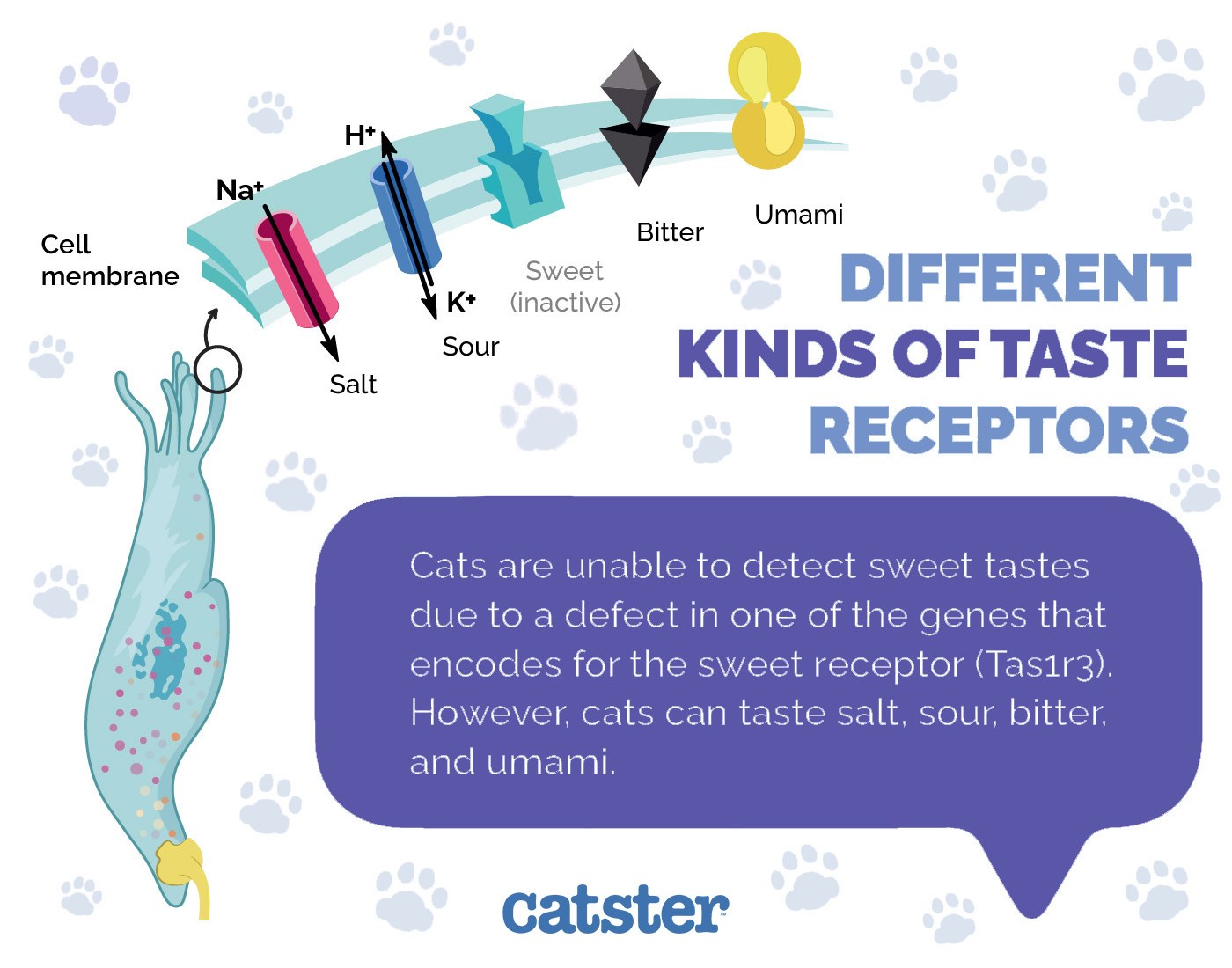
Why Are Certain Foods Spicy?
The compound responsible for making spicy food spicy is called capsaicin. Capsaicin was developed by chili peppers as a way to increase their odds of reproducing. It irritates the pain receptors in any animal that consumes it—except birds. This causes most animals to leave it alone, except for the flying creatures that can spread the chili pepper’s seeds far and wide.
Cats do have capsaicin receptors so when your cat eats something spicy, they both taste and feel it. Capsaicin activates the corresponding receptors on their taste buds as it does in yours.
It’s easy to tell if your cat doesn’t appreciate the taste of something they’ve eaten, including spicy foods. These signs are observable after your cat has eaten something.
- Nose licking
- Moving their tail side to side (to the right and left)
- Compulsively grooming themselves
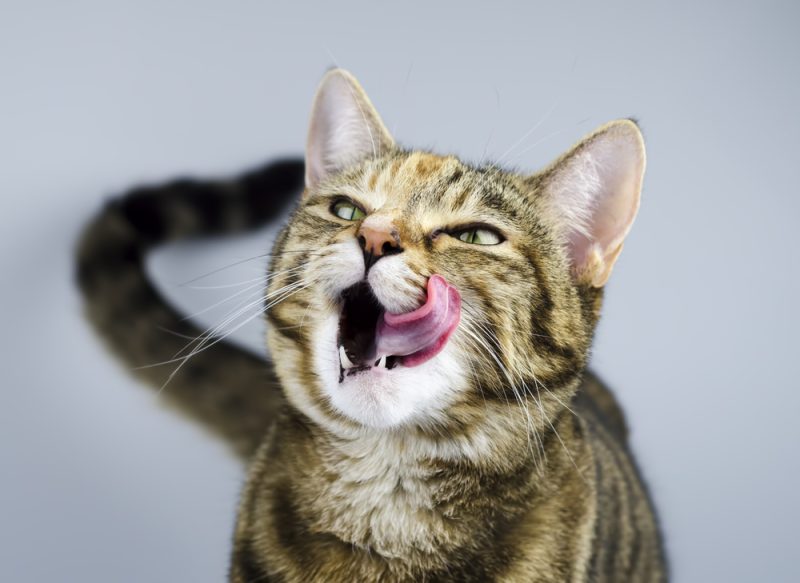
Are Spicy Foods Bad for Your Cat?
Just because cats can eat spicy food, doesn’t mean they should. Generally speaking, spicy foods are bad for your cat. Many (but not all) spicy foods aren’t toxic for your cat, but since your cat hasn’t evolved to eat them, they’re not well-prepared to tolerate them. Consuming spices out of the blue can have several undesirable effects on your kitty.
- Your cat may stop eating earlier than expected and not meet their nutritional needs
- Your cat may associate their food bowl with a negative experience and might not be appreciative of future feedings
- Spicy foods can irritate your cat’s digestive system and lead to episodes of diarrhea, vomiting, or litter box accidents and mishaps
- The stress associated with the episode may lead to other health issues in some cats
- help answer your questions or follow up your consultation.
In addition, even if your cat were to eat a non-toxic spice, they wouldn’t nutritionally benefit from the consumption of the spice. As obligate carnivores, cats don’t draw much – if any – meaningful nutrition from spices. Furthermore, some herbs that are used as spices are toxic for cats.
- Onions
- Garlic
- Leeks
- Shallots
- Any other plant in the Allium genus of plants
- Nutmeg
- help answer your questions or follow up your consultation.
If your cat has ingested any of these spices, or if your cat seems to be responding negatively after eating spicy foods, you should promptly seek veterinary attention for your pet.
Given that spicy foods are considered an irritant to your cat’s digestive system, not nutritionally beneficial, and potentially harmful in some cases, it’s correct to assume that spices are bad for your cat.
If you’re ever in doubt about what to feed your cat, you should seek clarification from a veterinarian.
Need veterinary advice but can't get to the clinic? Catster recommends PangoVet, our online veterinary service. Talk to a vet online and get the answers and advice you need for your cat without having to leave your living room — all at an affordable price!

Why Does My Cat Seem to Love Spicy Food?
Cats can taste spicy food and despite everything, certain cats seem to love it. This is because cats interpret food in different ways than we do. The prevailing theory at the moment is that spicy foods have a strong smell that attracts cats.
This theory is quite plausible because one of the ways cats compensate for their lack of taste buds is by using their sense of smell. If something entices them from a smell point of view, they’re more likely to be intrigued and curious to eat it.

What’s the Verdict?
While your cat has the ability to taste spicy food, there’s no reason to share your supper with them. Though cats can taste the spice, they likely wouldn’t appreciate it. Spicy foods may also cause gastrointestinal distress, and some spices are toxic for cats.
Instead of offering your cat spicy foods, it’s better to offer them a species-appropriate diet or a complete and balanced commercial pet food. As always, if you’re unsure about what to feed your cat, it’s best to seek clarification from your veterinarian.
See Also:
- Can Cats Eat Cheese? Vet-Approved Facts & FAQ
- Can Cats Eat Papaya? Vet-Approved Nutritional Science & Info
Featured Image Credit: Pixabay
